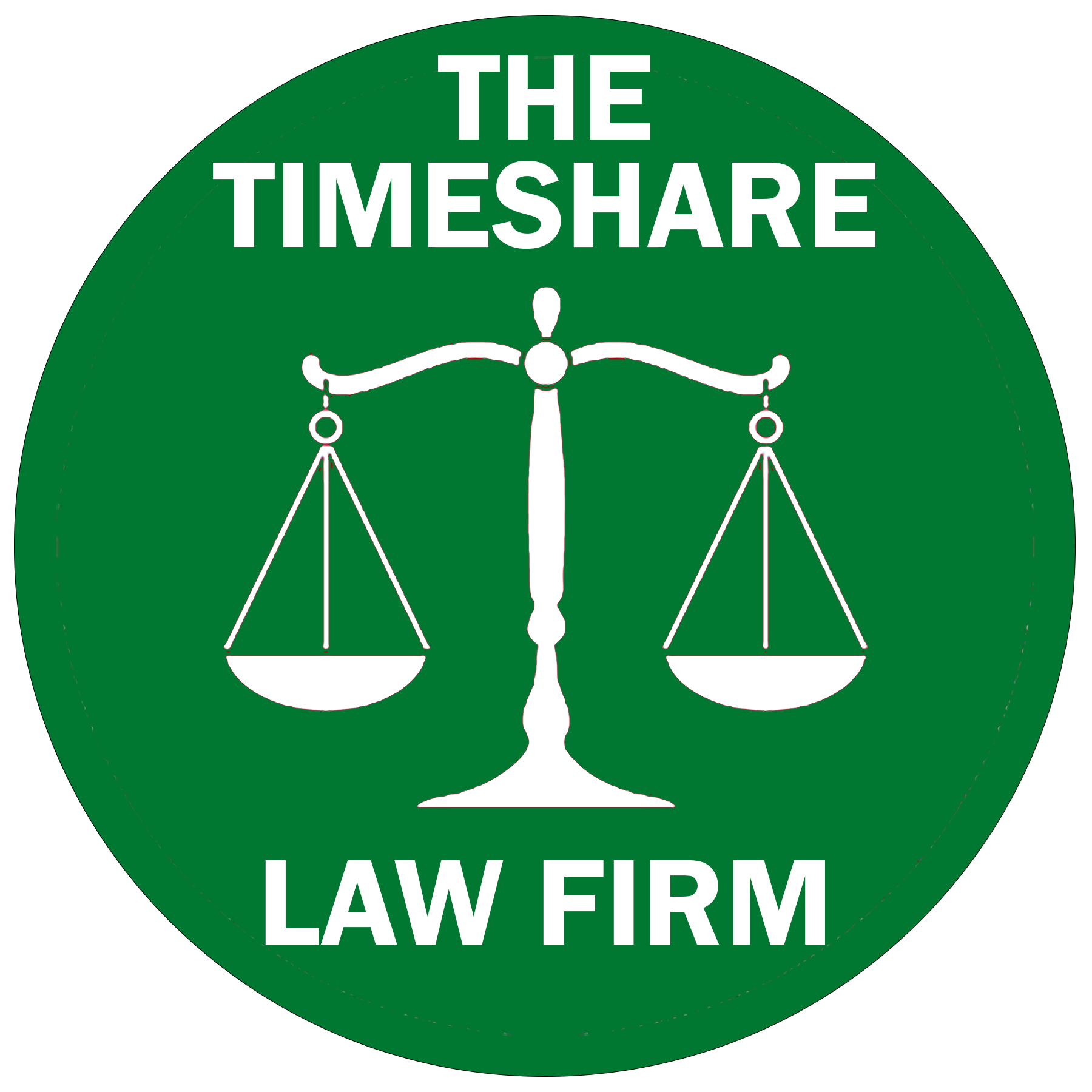We all hope to avoid becoming the target of fraud, deceit, and misrepresentation. Thanks to recent consumer protection regulations, many consumers now have the confidence to shop freely, but the protections only go so far. Recent consumer reports and allegations show that U.S. Timeshare Companies such as Hilton, Holiday Inn (Orange Lake and Silverleaf), BlueGreen Vacations, Vacation Village/El Dorado (Berkley Group), Geo Holiday Group/Safire/Starpoint, and the Villa del Group in Mexico, have successfully been able to dodge many of the rules that apply to other consumer transactions. Backed by billions of dollars and highly staffed legal teams, it’s like they’re in a league of their own. If you are considering a timeshare purchase or have already purchased one, the tips below may help you become your own advocate against fraud, deceit, and misrepresentation.
Before the Purchase
If you are looking to purchase a timeshare or may find yourself seated in a timeshare presentation, beware of the following:
1. Timeshare Sales Presentations are Designed to Induce a Purchase.
Even the most strong-willed consumers may find their wallets loosening after a 6-hour presentation and carefully crafted high pressure sales tactics. Timeshare salespeople are trained on how to sell timeshares and they are incredibly good at it. Do not fall victim to day-only deals and empty guarantees of buy-back programs. Most timeshare resorts do not offer buy back programs, and if they do, they are never free and easy.
2. Understand What You are Purchasing.
Are you purchasing a deeded property interest or points in a value system? If you are purchasing points, keep in mind that point values may fluctuate in the industry and even within your own resort. You may discover that you are purchasing points that will cover a 1-week stay in a resort today but they will not cover a 3-day stay in the same resort in five years. Arm yourself with all the information you can about the specific timeshare you are considering purchasing. Make sure you understand the system and how to make your purchase work for you.
3. Read the Details in the Timeshare Purchase Agreement Before You Sign It.
A timeshare salesperson may make lofty promises of exchange opportunities and guaranteed amenities, but none of that may be included in your actual purchase agreement. Read the paperwork presented to you before signing it and look for specifics as they relate to your purchase.
After the Purchase
If you have already purchased a timeshare—either the result of fraud or misrepresentation or have experienced a change in circumstances, you may be wondering if there is an escape route from the financial burden. There may be, but it will not be easy. Beware the following:
1. Be Extremely Careful of Firms, Companies, or People Offering to Purchase Your Timeshare at a Profit.
Timeshares are not an investment. With many thousands of timeshares listed on eBay for $1 that have not sold, timeshare owners need to be aware that they will not recoup anywhere near their original investment. In fact, the most often unattainable goal here is really to find a buyer to simply cut losses and avoid future maintenance fees. If someone contacts you and offers to purchase your timeshare at a profit, beware that it is likely a scam. Remember some things are, quite frankly, just too good to be true.
2. NEVER send upfront fees to ANYONE.
Scam artists rely on upfront fees to make their money. Never ever ever send upfront fees to anyone—regardless of the amount. Be especially cautious of timeshare brokers offering to sell your timeshare for you as long as you pay a transaction or processing fee in order to find a potential buyer (or they may claim to already have one). Although brokers do charge a fee, legitimate brokers usually take a commission of the sale only after it has been completed.
3. Consider an Alternative to Timeshare Resale.
If your purchase was made under duress and filled with empty promises by a timeshare company, you may be able to escape the burden of an unwanted timeshare by divestment through timeshare cancellation or, in more extreme cases, though litigation. Even if your purchased your timeshare willingly, you may have a remedy if your circumstances have changed and you simply cannot afford the financial burden of timeshare ownership any longer. What remedies may be available to you depends on the particular facts and specifics of the timeshare purchased. Discuss your specifics with a licensed attorney. To be sure an attorney is legitimate and not an imposter, you can check with an attorney’s respective State Bar Association.
If you are stuck in an unwanted timeshare, do not fall for timeshare resale scams or timeshare cancellation schemes. Be your own advocate. Call The Abrams Firm at (360) 918-8196 for a free consultation with a licensed Attorney. We will discuss the remedies available to your specific case, so you can make an informed decision as to what is the right strategy—divestment or litigation—for you. The consultation is 100% free and we are the only company to never charge any upfront fees for divestment. We are Consumer Protection Attorneys dedicated to fighting for Consumer Justice.
Answering all the Needs of Timeshare Owners that have been identified by Consumer Protectorates, including Government Regulators from the FTC, Attorney General Offices and Justice Departments.
The Contents of this website, TCPAA.org, and any linked websites, may involve work product of Consumer Attorneys, but nothing shall constitute legal representation nor any legal advisement, and all such content is purely informational.


Comments are closed